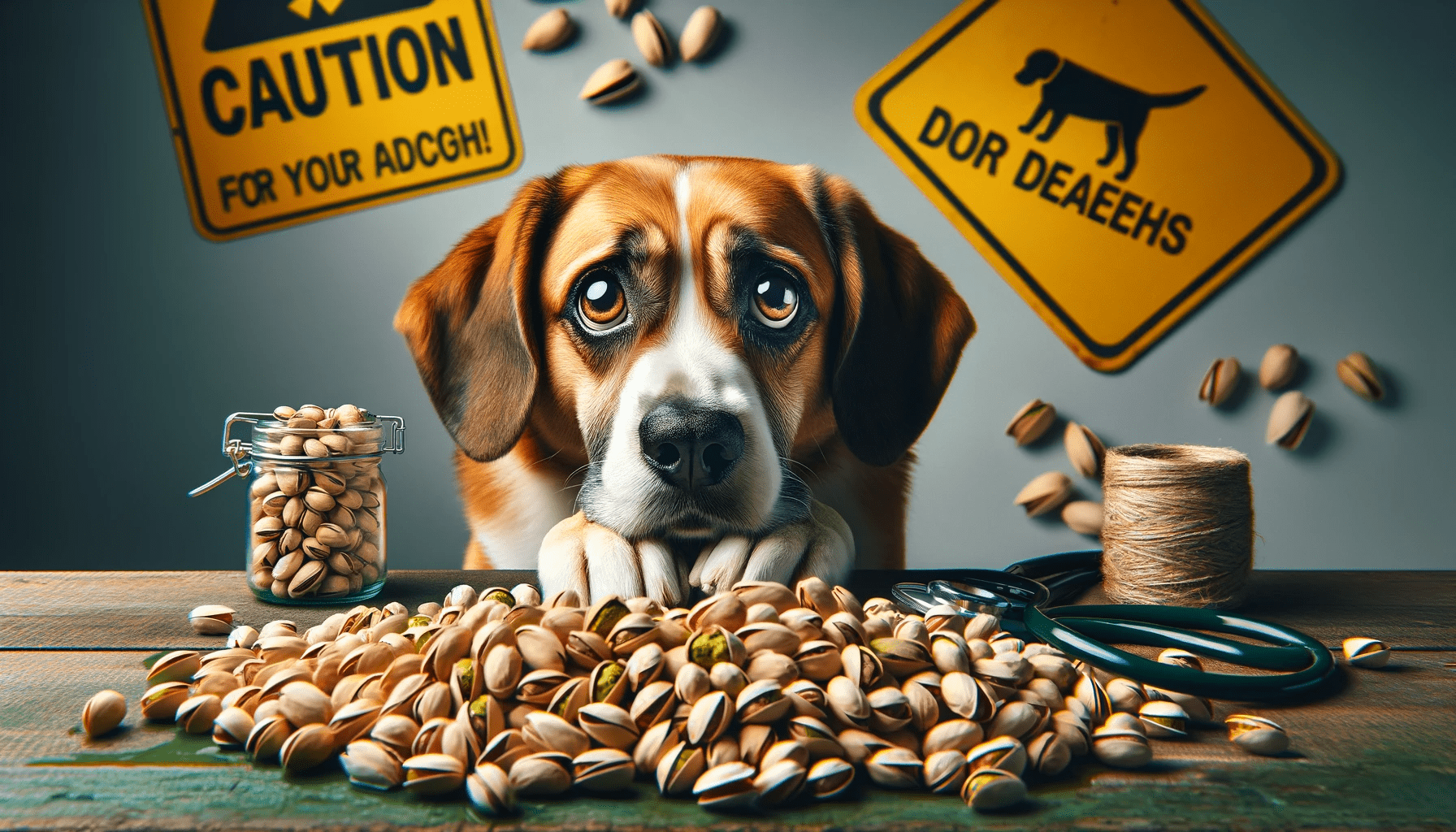Are you looking to provide your furry friend with the best nutrition possible? Look no further!
In this article, we'll give you top dog food tips to ensure your dog gets the balanced diet they deserve.
Discover the essential nutrients your dog needs, learn how to choose high-quality dog food, and understand those tricky food labels.
Say goodbye to common dog food ingredients that may harm your pet's health.
Get ready to customize optimal nutrition for your dog!
Key Takeaways
- Balanced nutrition is essential for dogs and consists of proteins, carbohydrates, fats, vitamins, and minerals.
- High-quality animal-based proteins like chicken and beef are recommended for dogs.
- Omega-3 fatty acids improve coat health and reduce inflammation and can be found in fish oil, flaxseed, and chia seeds.
- Choosing high-quality dog food is important, avoiding brands with fillers, by-products, and artificial additives, and looking for real meat as the main ingredient.
Importance of Balanced Nutrition
To ensure your dog's overall health and well-being, it's essential to provide them with a diet that consists of a balanced and nutritious combination of proteins, carbohydrates, fats, vitamins, and minerals. Carbohydrates play a crucial role in dog nutrition as they're an important source of energy. They provide fuel for your dog's muscles and organs, helping them stay active and alert. Additionally, carbohydrates aid in digestion and help regulate blood sugar levels.
The impact of diet on a dog's energy levels and behavior is significant. A well-balanced diet ensures that your dog has the energy they need to engage in daily activities, whether it's playing fetch in the park or going for long walks. A diet lacking in essential nutrients can lead to decreased energy levels, making your dog lethargic and less willing to engage in physical and mental stimulation.
Furthermore, a balanced diet promotes healthy behavior in dogs. When your dog receives the necessary nutrients, they're more likely to exhibit positive behaviors such as obedience and focus. On the other hand, a poor diet can result in behavioral issues like hyperactivity or aggression.
Essential Nutrients for Dogs
When it comes to providing your dog with essential nutrients, there are three key points to keep in mind.
First, protein is crucial for muscle growth and development, so make sure your dog's diet includes a good source of high-quality protein.
Second, omega-3 fatty acids are essential for maintaining a healthy coat and skin.
Lastly, providing your dog with a balanced diet that includes a variety of vitamins is important for overall wellness.
Protein for Muscle Growth
For optimal muscle growth in your dog, it's important to provide them with a protein-rich diet. Protein is essential for building and repairing muscles, and it also plays a crucial role in maintaining a healthy immune system.
When choosing protein sources for your dog, look for high-quality animal-based proteins such as chicken, beef, and fish. These protein sources provide the necessary amino acids that are vital for muscle growth.
The recommended daily intake of protein for dogs varies depending on their age, size, and activity level. As a general guideline, adult dogs should consume a diet that consists of at least 18-25% protein. Puppies and active dogs may require a higher protein intake.
It's always best to consult with your veterinarian to determine the appropriate protein levels for your dog's specific needs.
Omega-3 for Coat Health
To promote a healthy and shiny coat in your dog, incorporating omega-3 fatty acids into their diet is essential. Omega-3 fatty acids are a type of polyunsaturated fat that's known for its numerous health benefits, including improving coat health.
These essential nutrients play a crucial role in reducing inflammation, which can lead to dry and dull coats in dogs. Adding coat supplements that contain omega-3 fatty acids can be a convenient way to ensure your dog is getting enough of these nutrients.
Alternatively, you can also find omega-3 fatty acids in certain dietary sources, such as fish oil, flaxseed, and chia seeds. Including these ingredients in your dog's diet can help maintain a lustrous and healthy coat, making them the envy of all the neighborhood dogs.
Vitamins for Overall Wellness
Regularly incorporating vitamins into your dog's diet is crucial for their overall wellness and essential nutrient intake. Vitamin deficiencies can lead to various health issues in dogs, such as weakened immune system, poor bone health, and reduced energy levels. Supplementation can help ensure that your dog receives all the necessary vitamins they need for optimal health.
Vitamins play a vital role in supporting your dog's immune system, promoting healthy growth and development, and maintaining proper bodily functions. For example, vitamin C acts as an antioxidant, protecting cells from damage and boosting the immune system. Vitamin D aids in the absorption of calcium, promoting strong bones and teeth. B vitamins are essential for energy production and nervous system function.
While a well-balanced diet is the best way to provide your dog with essential vitamins, supplementation can be beneficial, especially for dogs with specific health conditions or dietary restrictions. It's important to consult with your veterinarian to determine the correct dosage and type of vitamins for your dog.
Choosing High-Quality Dog Food
Consider quality as your top priority when choosing dog food. With so many dog food brands available in the market, it can be overwhelming to make the right choice for your furry friend. However, by focusing on quality, you can ensure that you're providing your dog with the nutrition they need for optimal health and well-being.
When evaluating dog food brands, it's important to look for those that prioritize high-quality ingredients. Avoid brands that use fillers, by-products, and artificial additives, as these can negatively impact your dog's health. Instead, opt for brands that use real meat as the main ingredient and include a variety of fruits, vegetables, and whole grains.
Feeding guidelines provided on the dog food packaging can be a helpful tool in determining the appropriate portion sizes for your dog. These guidelines take into account factors such as age, weight, and activity level. However, it's important to remember that these guidelines are just a starting point. Monitor your dog's weight and adjust their portions accordingly to ensure they maintain a healthy body condition.
Understanding Dog Food Labels
When evaluating dog food brands, you should pay attention to the information provided on the labels. Understanding dog food labels is crucial for making informed decisions about what you're feeding your furry friend. The labels provide important information about the ingredients and nutritional content of the dog food.
First and foremost, take a look at the list of ingredients. The ingredients are usually listed in descending order by weight, with the main ingredient being listed first. Ideally, you want to see high-quality protein sources, such as real meat, as the main ingredient. Avoid dog foods that list generic terms like 'meat by-products' or 'animal meal' as these can be of lower quality.
In addition to the ingredients, dog food labels also provide information on the guaranteed analysis of nutrients, which includes the levels of protein, fat, fiber, and moisture in the food. These values give you an idea of the nutritional content and can help you choose a dog food that meets your dog's specific dietary needs.
It's important to note that dog food regulations vary by country. In the United States, for example, the Association of American Feed Control Officials (AAFCO) sets standards for dog food labeling. Look for dog foods that meet AAFCO guidelines, as this ensures that the food meets minimum nutritional requirements for dogs.
Understanding dog food labels is essential for selecting a high-quality dog food that provides the nutrition your dog needs. Take the time to read and understand the information provided on the labels, and make informed choices for your furry friend's well-being.
Avoiding Common Dog Food Ingredients
To ensure optimal nutrition for your dog, regularly check dog food labels and avoid common ingredients that may not be beneficial for their health. Harmful additives in dog food can have a negative impact on your dog's overall well-being. Some of these additives include artificial colors, flavors, and preservatives.
Artificial colors, such as Red 40 and Yellow 5, have been linked to allergies and hyperactivity in dogs. Artificial flavors, like hydrolyzed proteins, can mask the taste of low-quality ingredients and may contribute to digestive issues. Preservatives, such as BHA and BHT, have been associated with various health problems, including cancer.
In addition to avoiding harmful additives, consider feeding your dog a natural, grain-free diet. A grain-free diet can provide several benefits for your dog's health. Grains, such as corn, wheat, and soy, are common allergens for dogs and can lead to skin irritations and digestive problems. By eliminating grains from your dog's diet, you can reduce the risk of allergies and improve their overall digestion.
A natural diet, free from artificial additives and grains, can help promote a healthier coat, improve digestion, and increase energy levels in your dog. Remember to consult with your veterinarian before making any significant changes to your dog's diet.
Customizing Nutrition for Your Dog
To optimize your dog's nutrition, tailor their diet to meet their specific needs and preferences. Customizing your dog's nutrition involves considering factors such as age, breed, activity level, and any dietary restrictions they may have. Here are three key points to keep in mind when customizing your dog's diet:
- Nutrition for puppies: Puppies have different nutritional needs compared to adult dogs. They require a diet that's higher in protein, fat, and calories to support their growth and development. Look for puppy-specific formulas that provide the right balance of nutrients for their age.
- Dietary restrictions for dogs with allergies: If your dog has food allergies or sensitivities, it's important to avoid ingredients that trigger an allergic reaction. Common allergens for dogs include beef, chicken, dairy, wheat, and soy. Consider grain-free or limited ingredient diets that exclude these allergens and consult with your veterinarian for further guidance.
- Individual preferences: Just like humans, dogs have preferences when it comes to food. Some may prefer wet food over dry kibble, while others may have specific taste preferences. Experiment with different types of food and observe your dog's response to find the best option for them.
Frequently Asked Questions
Can I Feed My Dog the Same Food That I Eat?
You shouldn't feed your dog the same food you eat. While some human foods are safe for dogs, many can be harmful. It's best to stick to a balanced diet specifically formulated for dogs.
What Are the Potential Risks of Feeding My Dog a Homemade Diet?
Feeding your dog a homemade diet can have potential hazards and health risks. It's important to ensure they receive proper nutrition and avoid deficiencies or imbalances that could negatively impact their health.
Are There Any Specific Ingredients That I Should Avoid in Dog Treats?
To choose healthy dog treats, avoid harmful ingredients such as artificial preservatives, colors, and flavors. Look for treats made with natural, wholesome ingredients like real meat, fruits, and vegetables. Prioritize your pup's health and well-being.
How Can I Determine if My Dog Has Any Food Allergies or Intolerances?
To determine if your dog has any food allergies or intolerances, gradually introduce new foods and monitor for any adverse reactions such as itching, diarrhea, or vomiting. Consult with your veterinarian for further guidance.
Are There Any Supplements or Vitamins That I Should Be Giving to My Dog Along With Their Regular Food?
You should consider giving your dog supplements for additional nutritional benefits. Supplement recommendations vary depending on your dog's needs, so consult with your vet to determine the best options for your pup.
Conclusion
In conclusion, providing optimal nutrition for your dog is crucial for their overall health and well-being. By understanding the importance of balanced nutrition and essential nutrients, choosing high-quality dog food, and being aware of common dog food ingredients to avoid, you can ensure that your furry friend is getting the best possible nutrition.
Remember to customize their diet based on their specific needs and consult with a veterinarian for personalized advice. Your dog will thank you for it!






